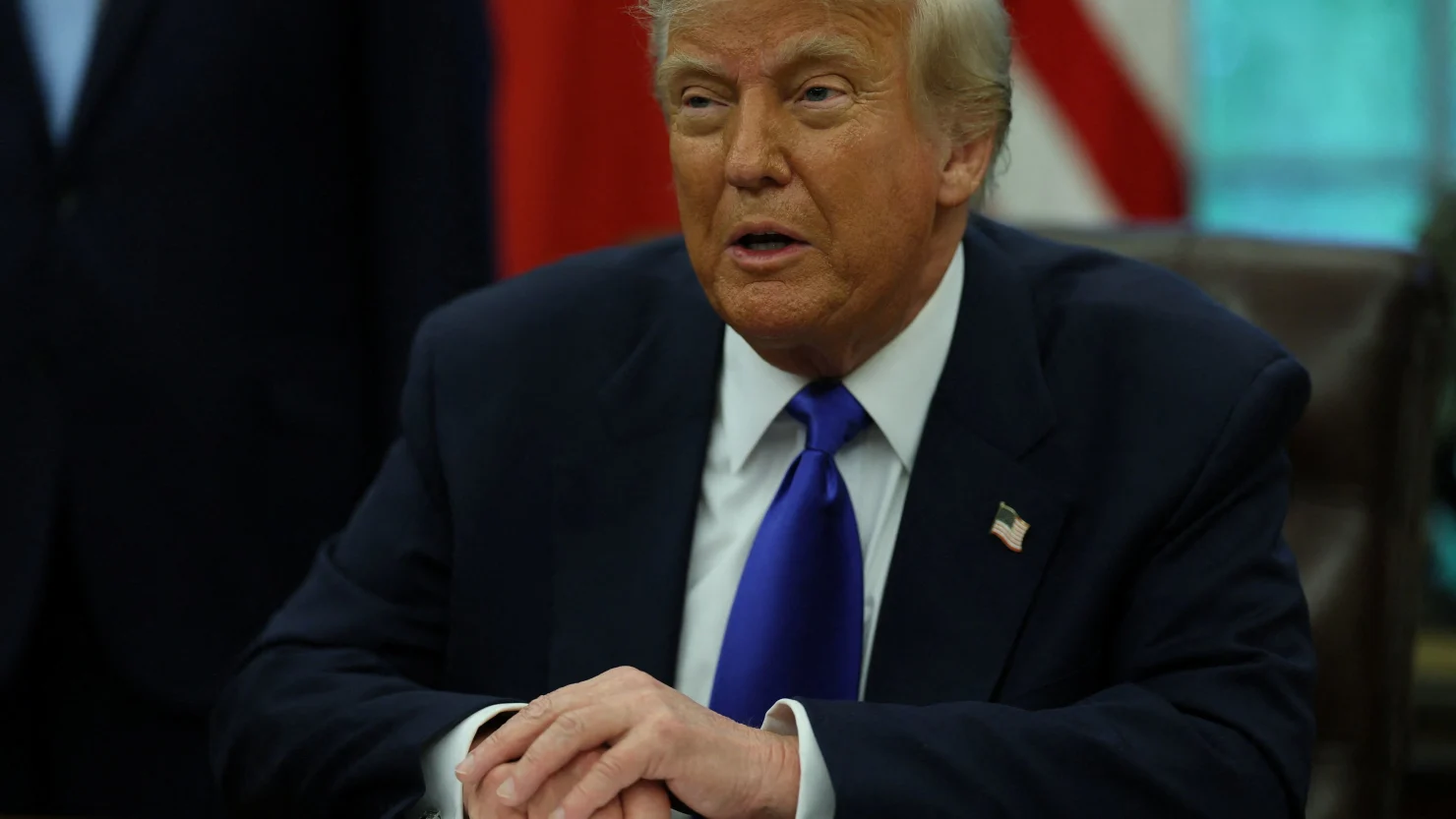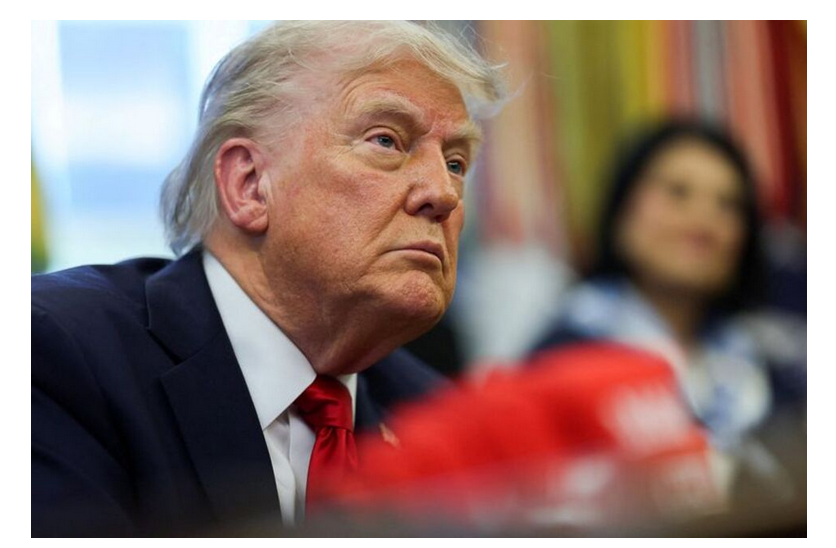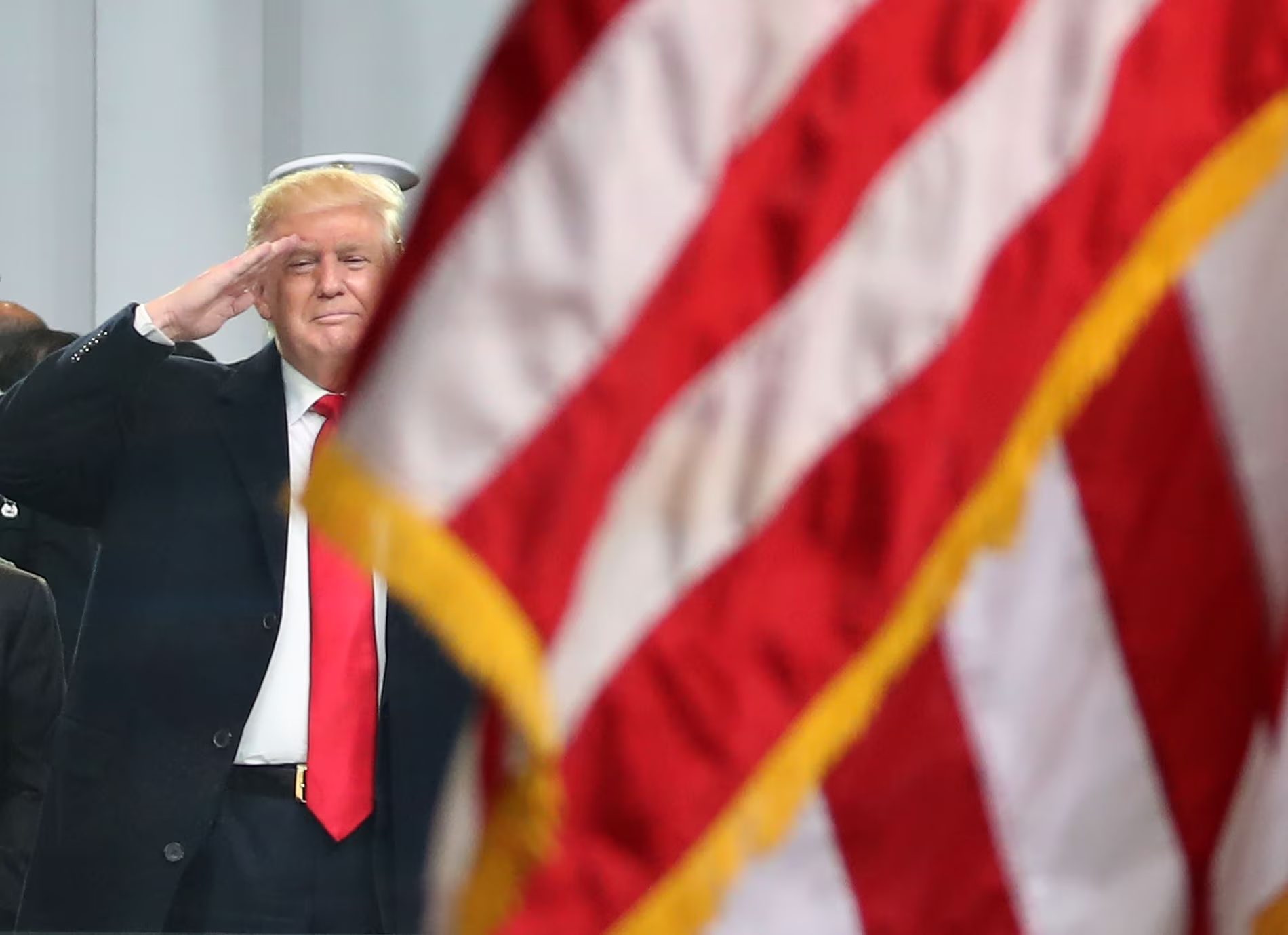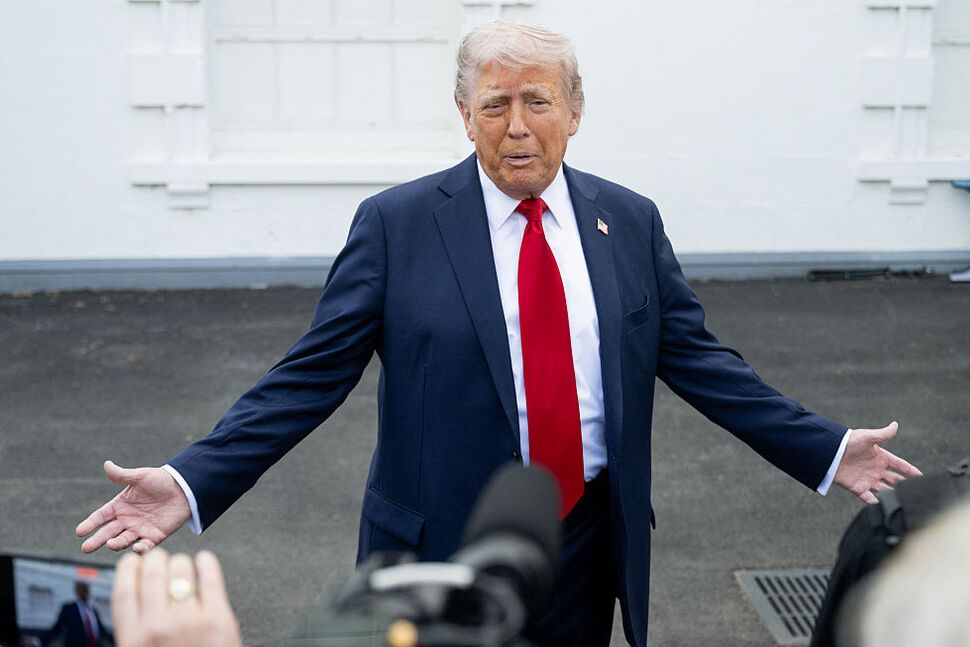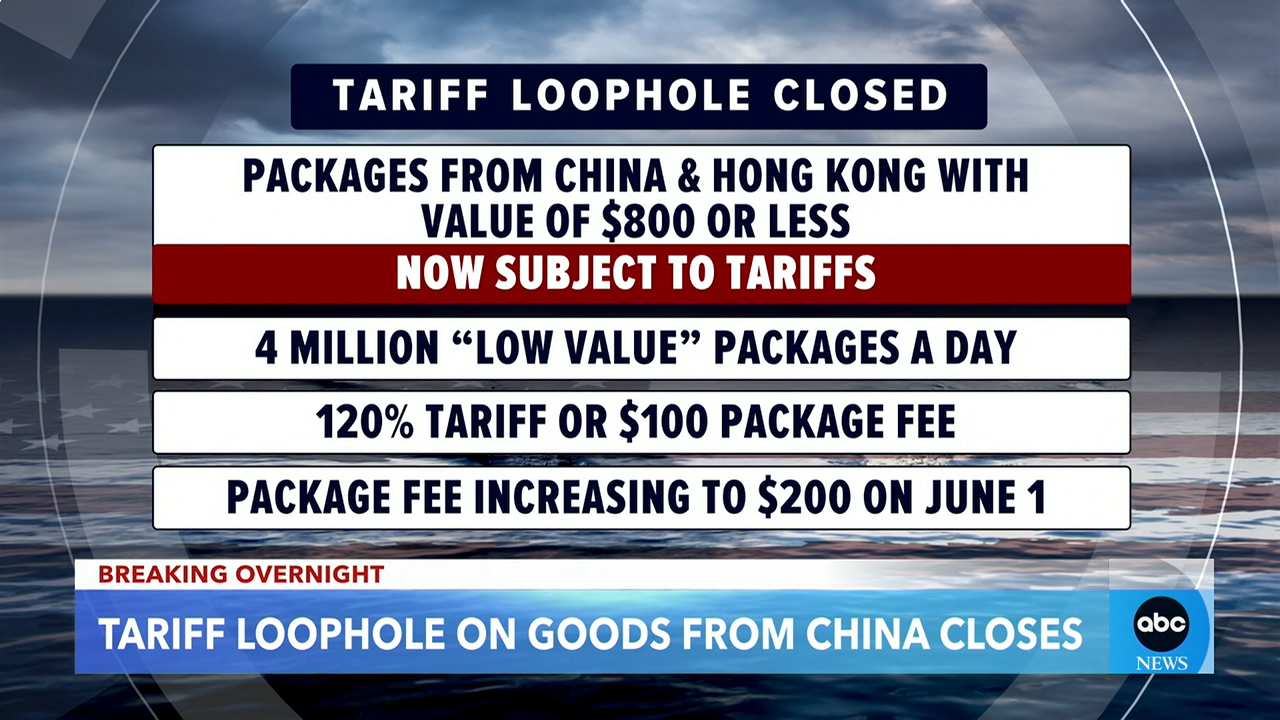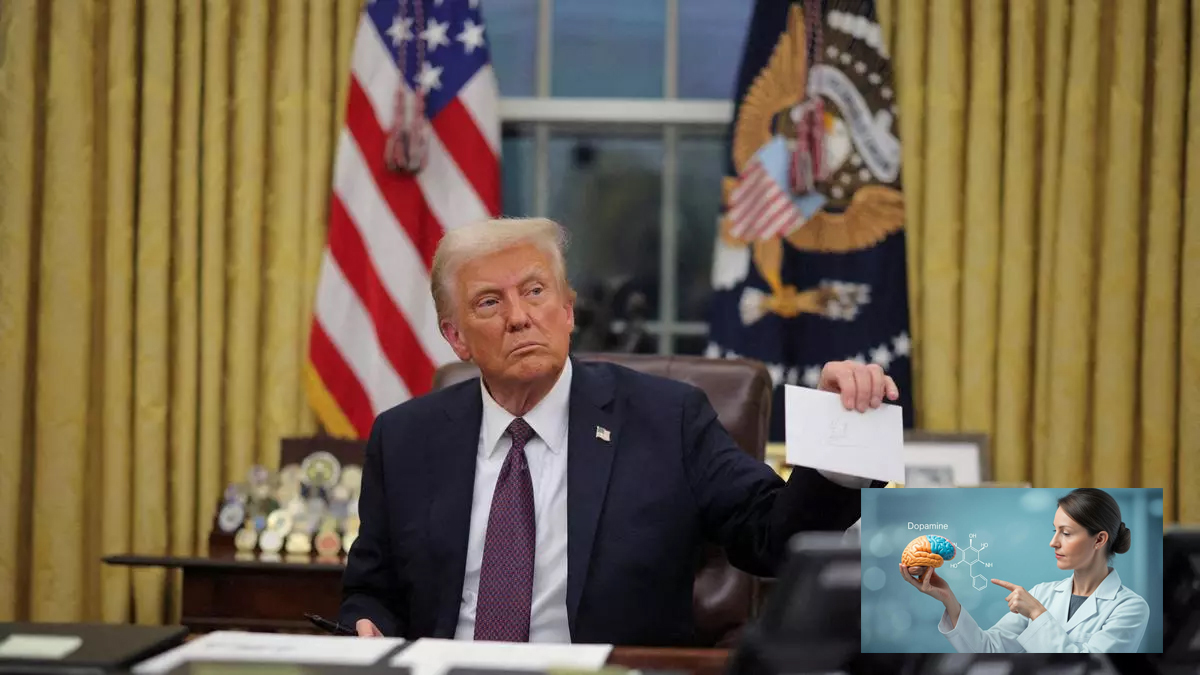President Donald Trump on Monday signed an executive order aimed at increasing prescription drug manufacturing in the United States. The order comes amid plans to impose tariffs on imported pharmaceuticals and directs federal agencies to streamline domestic drug production.
FDA Reforms & Accelerated Approval
The order instructs the Food and Drug Administration (FDA) to simplify plant approvals, eliminate unnecessary requirements, and collaborate early with domestic manufacturers. It also raises inspection fees for foreign plants and encourages public disclosure of non-compliant facilities.
“We don’t want to be buying our pharmaceuticals from other countries because if we’re in a war, we’re in a problem... We will produce our medical supplies, pharmaceuticals, and treatments right here in the United States.” – President Donald Trump
More Inspections & Surprise Audits
FDA Commissioner Marty Makary said the agency will increase both domestic and foreign plant inspections. International sites will now face surprise audits, rather than scheduled visits, to ensure stricter oversight.
“American pharma manufacturers are put through the ringer with inspections,” Makary said, “while foreign sites get a lot easier treatment.”
EPA & Federal Streamlining
The Environmental Protection Agency (EPA) has been instructed to speed up the approval of drug manufacturing facilities and ingredients. Meanwhile, federal agencies must assign a single contact to coordinate the permitting process, supported by the White House budget office.
Tariffs on the Horizon
Trump said he will announce pharmaceutical-specific tariffs within two weeks. The administration has already launched a Section 232 investigation to assess the national security impact of pharmaceutical imports — a precursor to formal tariffs.
Industry Reactions & Concerns
Some drugmakers support the reshoring efforts. Companies like Eli Lilly, Johnson & Johnson, and AbbVie have already begun investing in U.S. production. However, not all are on board. Pfizer CEO Albert Bourla warned that tariff threats are discouraging domestic investment in research and manufacturing.
Outlook for the U.S. Pharma Sector
U.S. pharmaceutical manufacturing has declined significantly as companies moved production to lower-cost countries, especially China. In 2023, the U.S. imported $203 billion in pharmaceutical products — 73% from Europe, led by Ireland, Germany, and Switzerland.
According to GlobalData, reshoring could strengthen supply chains but may raise drug prices and affordability concerns. Still, the White House considers it a strategic priority to reduce dependence on foreign medical sources.

